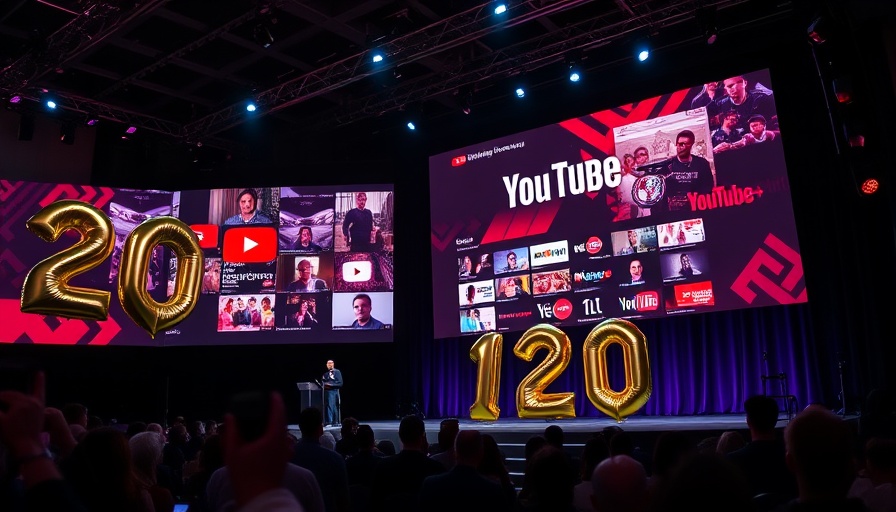
Yoast SEO Plugin Bug Exposed: Hidden AI HTML Classes in Content
In a startling revelation, the Yoast SEO plugin faced significant backlash after it was reported that a bug in its system was unintentionally injecting HTML classes related to AI-generated content into WordPress posts. This incident has sparked conversations among digital marketers and SEO professionals regarding the implications of such technological missteps.
Eyebrows Raised: How the Bug Came to Light
The bug was first highlighted on social media platforms after users began noticing unexpected HTML fingerprints within their content. These HTML elements, labeled as “data-start” and “data-end,” were not visible on the published content but could be seen in the backend code, indicating the text had been manipulated or sourced from AI tools like ChatGPT. The sheer existence of these classes raised alarms among website owners and SEO practitioners, as they now had the ability to potentially identify AI-generated content, an ever-growing concern in digital marketing.
The Quick Fix: Yoast's Swift Response
In a rapid response to the outcry, Yoast released an emergency update (version 25.3.1) designed to eliminate the problematic classes from AI-generated content and prevent future occurrences. The incident highlights the importance of thorough quality assurance (QA) processes in technology development. As noted by content audit specialist Alan Bleiweiss, such oversights can have significant repercussions on users’ trust and the plugin’s reputation.
Understanding HTML Classes: A Simple Explanation
For those less familiar with web design, HTML classes are attributes added to HTML elements, which help style the content or add functionality. When users copy and paste text from sources like ChatGPT directly into WordPress, these classes can carry over, leading to unintended consequences. Experts recommend using the designated “copy” feature when pulling content from AI sources to avoid this issue.
Exploring the Implications: The Intersection of AI and SEO
This incident serves as a crucial point of discussion about the role of AI in content creation. As SEO continues evolving, knowing how to differentiate between human and AI-generated content is vital. The “data-start” and “data-end” classes can now become tools for savvy SEOs, as they leverage this insight to conduct more accurate audits of their content. However, it also brings to light the need for SEO tools to ensure they are not inadvertently compromising content authenticity.
What Lies Ahead? Future of SEO in an AI-Driven World
As AI technologies continue to evolve, the distinctions between human-written and AI-generated content are increasingly blurred, making it essential for SEO strategies to adapt. Future innovations in this space may require even more sophisticated tools to monitor content integrity. Moreover, as content marketing becomes more intertwined with AI, staying informed about technological updates, such as issues highlighted in this latest incident with Yoast SEO, will be pivotal for marketers and content creators alike.
Conclusion: Stay Engaged in Tech Developments
This incident with Yoast SEO is a potent reminder of the importance of remaining vigilant about technology updates and their implications. As the digital landscape evolves, continuous learning and adapting SEO strategies will be crucial. Engage with the latest tech news to stay ahead in a rapidly changing environment.
 Add Row
Add Row  Add
Add 




 Add Row
Add Row  Add
Add 

Write A Comment